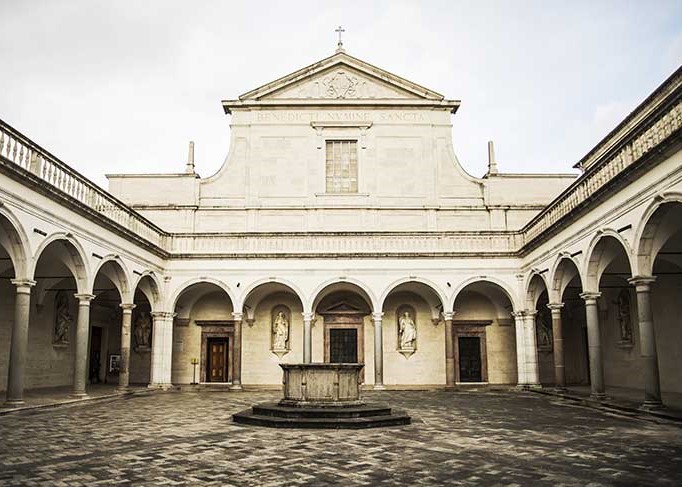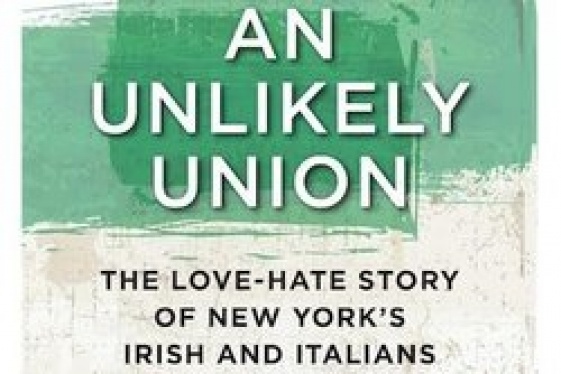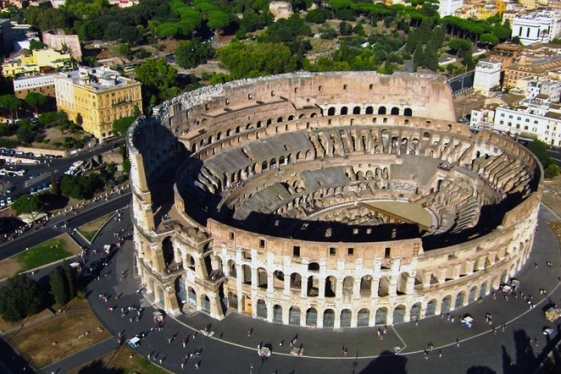

BY: Peter Tafuri
One of the great things about modern libraries that is sometimes taken for granted is the access to books of many cultures and ages they make available. Such was not always the case. With the fall of the Roman Empire in the west and the unsettled conditions of the ensuing centuries, an unspeakable amount of books were lost either through deliberate destruction by zealots, depredations of ensuing waves of invaders, or sheer neglect.
What books there were consisted mostly of religious texts which were so valuable they had to be literally chained down to avoid their theft. Fortunately, the seed of change was planted in the year 529 when St. Benedict founded the Monastery of Monte Cassino in the mountains between Rome and Naples. The monks were called the Benedictines after him, and followed the Rule of St. Benedict which emphasized, among other things, care for the sick, learning and labor. They soon established the first hospital in Europe since the days of Rome’s glory; the Order soon spread throughout the continent.
SOURCE: https://italoamericano.org/
You may be interested
-
'Phantom Limb': A Conversation With Dennis...
Dennis Palumbo is a thriller writer and psychotherapist in private practice. He's the auth...
-
An Unlikely Union: The love-hate story of Ne...
Award-winning author and Brooklynite Paul Moses is back with a historic yet dazzling sto...
-
Exciting Palatine. Interview with Clementina...
You can tell she fills with excitement when she has the chance to show an important archae...
-
Former Montclair resident turns recipes into...
Former Montclair resident Linda Carman watched her father's dream roll off the presses thi...
-
Italian Open's History and Records: A tale o...
For Italians, and Romans in particular, the Open is not just a tennis tournament where cha...
-
''La Gente di Mulberry Street'' presentato a...
Valsinni- Italia, terra di emigranti. Presentato a Valsinni il nuovo saggio storico di Raf...
-
'An Unlikely Union' author Paul Moses on his...
by Ginger Adam Otis Any journalist who has ever been an author has lived through...









